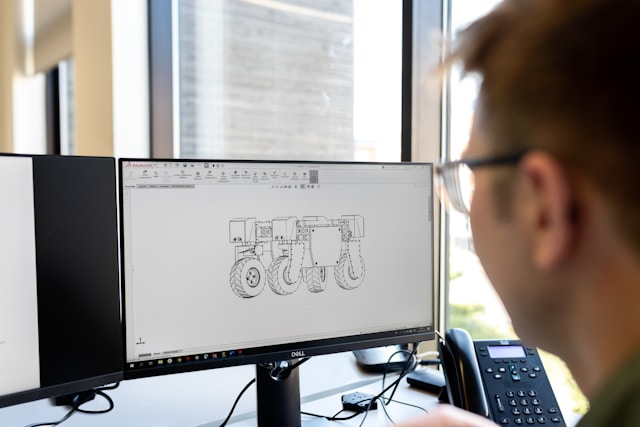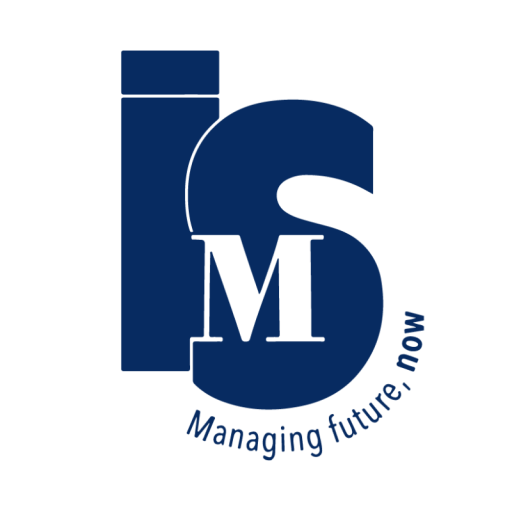
THE SKILLS OF THE FUTURE OF ENGINEERS: NAVIGATING AND MASTERING SECTOR CHANGES
In the dynamic world of engineering, it’s no longer enough to keep up with developments; anticipating future challenges and opportunities is essential. With technological progress accelerating and market demands constantly evolving, the skills required of engineers are undergoing profound changes. Let’s explore which skills will become increasingly crucial and how to prepare for successfully facing future challenges.
Technology and Innovation: Mastering the Digital Realm
The future of engineering is intrinsically linked to the digital revolution. Technologies such as artificial intelligence, robotics, and the Internet of Things (IoT) are becoming central to projects. For the engineers of tomorrow, mastering these technologies is not just a competitive advantage but a necessity. For instance, the ability to leverage data analysis and advanced 3D modeling can revolutionize design and optimization. Working with complex algorithms and implementing automated systems will not only help create smarter projects but also raise standards of precision and efficiency.
Soft Skills at the Core: Communication and Collaboration as Arts
Having high-level technical skills is not enough. In the modern engineering world, soft skills have become equally important. The ability to clearly communicate complex ideas and collaborate with multidisciplinary teams is essential. In a modern engineering project, various specialists bring unique skills and perspectives, and success depends on their ability to work together synergistically. Leadership and project management skills have therefore become crucial. Engineers must inspire and lead their teams, manage resources, and solve problems creatively and strategically.
Adaptability and Learning: The Art of Staying Ahead
In a constantly evolving sector, adopting a mindset of continuous learning is vital. The key to staying ahead is to proactively update one’s skills. Participating in refresher courses, seminars, and workshops allows engineers to stay current with the latest innovations and trends. Additionally, self-education through online resources is an effective way to hone existing skills and acquire new ones, preparing for future challenges.
Creativity and Innovation: Thinking Outside the Box
Innovation and creativity are other fundamental aspects of the future engineering landscape. The ability to think outside the box and apply critical thinking is essential for developing innovative solutions. Engineers must be ready to explore new ideas and push the boundaries of current technologies. This approach not only facilitates solving complex problems but also fosters the creation of cutting-edge projects that can make a significant impact in the field.
Strategies for Success: Preparing for the Future Smartly
To successfully face the future, engineers can adopt several strategies. Investing in continuous education through courses and certifications on new technologies and methodologies is a crucial step. Attending industry events and collaborating with professionals from other disciplines helps broaden perspectives and develop a valuable network. Engaging in pilot projects and prototyping allows testing new ideas and technologies, while seeking mentoring opportunities can provide practical experience and valuable feedback.
Conclusion: Mastering the Future with Tomorrow’s Skills
The future of engineering is full of opportunities and challenges. The skills of tomorrow involve not only technology but also the ability to adapt, innovate, and collaborate. Preparing for these transformations requires a combination of continuous learning, soft skills development, and creativity. With the right preparation, engineers will not only navigate changes successfully but also drive innovation and progress in their field.
